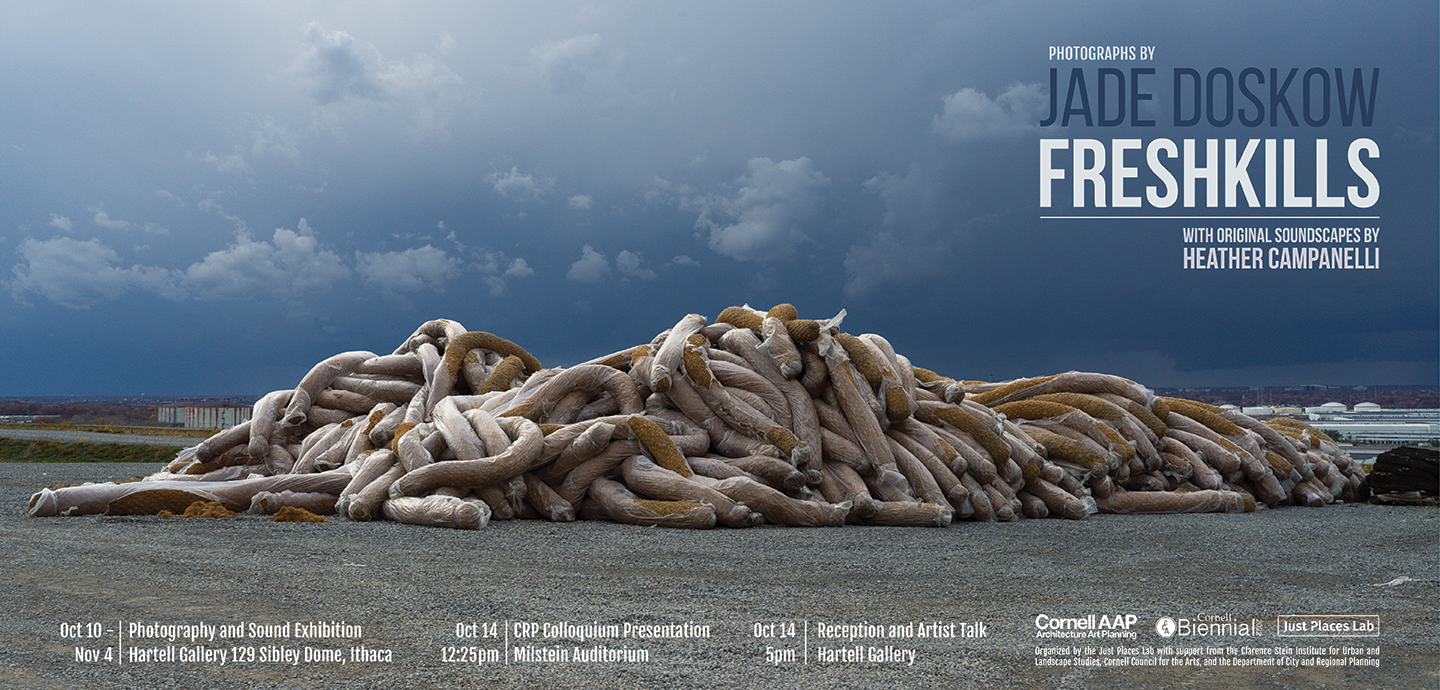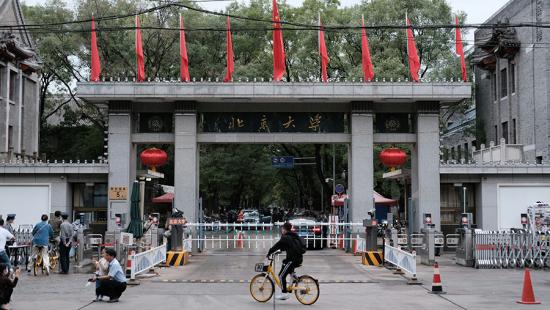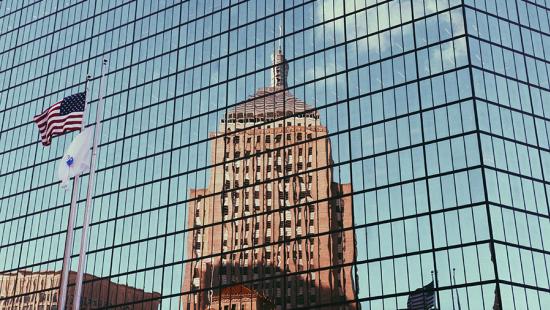Jade Doskow: A New Wilderness: Freshkills
In operation from 1948-2001, Fresh Kills Landfill in Staten Island became the largest household garbage dump globally, receiving 150 million tons of New York City's solid waste. It was in the early 2000s that the conceptualization of landfill-to-wilderness park entered the civic conversation, and thus began a radical transformation. Today, it is the largest of its kind on the planet.
Jade Doskow, as the Freshkills Photographer-in-Residence, is creating a photographic archive of a major chapter within the story of New York City's infrastructure, no less massive an undertaking than the creation of Central Park in the 1850s. Doskow's photographs make clear the site's ethereal, paradoxical beauty and infrastructure, highlighting the undulating meadows as well as the methane pipes punctuating the rolling hills.
During this time of climate catastrophe, Freshkills Park offers a compelling view of how visionary urban planners can take a landscape that has been destroyed and resurrect it, transforming the garbage of the U.S.'s most populous city and creating grasslands replete with rare species of flora and fauna and waterways once again attracting marine life. Doskow's work asks: if 2,200 acres of New York City's household waste can be transformed into glorious meadowlands and woodlands, what else is possible?
Bio:
New York-based architectural and landscape photographer Jade Doskow is known for her rigorously composed and eerily poetic images that examine the intersection of people, architecture, nature, and time. Doskow is best known for her work Freshkills, Lost Utopias, and Red Hook. Doskow holds a B.A. from New York University's Gallatin School and an M.F.A. from the School of Visual Arts. She is the subject of the 2021 documentary Jade Doskow: Photographer of Lost Utopias, which has screened internationally at film festivals and at cultural institutions such as the Asheville Art Museum and the International Center of Photography. Doskow was one of 50 women featured in the award-winning 2018 publication 50 Contemporary Women Artists from 1960 to the Present. Doskow's photographs have been featured in the New York Times, Virginia Quarterly Review, Urban Omnibus (Architectural League of New York), Aperture, Photograph, Architect, Wired, Musée Mag, Smithsonian, Slate, and Newsweek Japan. Doskow is on the faculty of the International Center of Photography and the College of Staten Island, City University of New York. Doskow is the photographer-in-residence of Freshkills Park, New York City.
Organized by the Just Places Lab with support from the Clarence S. Stein Institute for Urban and Landscape Studies, Cornell Council for the Arts, and the Department of City and Regional Planning.
Freshkills Exhibition: Oct 10–Nov 4, 2022, M–F, 8 a.m.–4:30 p.m., John Hartell Gallery, Sibley Dome.
Jade Doskow's personal website
JADE DOSKOW – 2022 CORNELL BIENNIAL
Jade Doskow's Instagram
Jade Doskow artist page on the Freshkills website
Freshkills Alliance website
New York Times article: How the World's Largest Garbage Dump Evolved Into a Green Oasis
New York Times article: Finding Utopia in 'Apocalyptic Hudson River School Painting'










